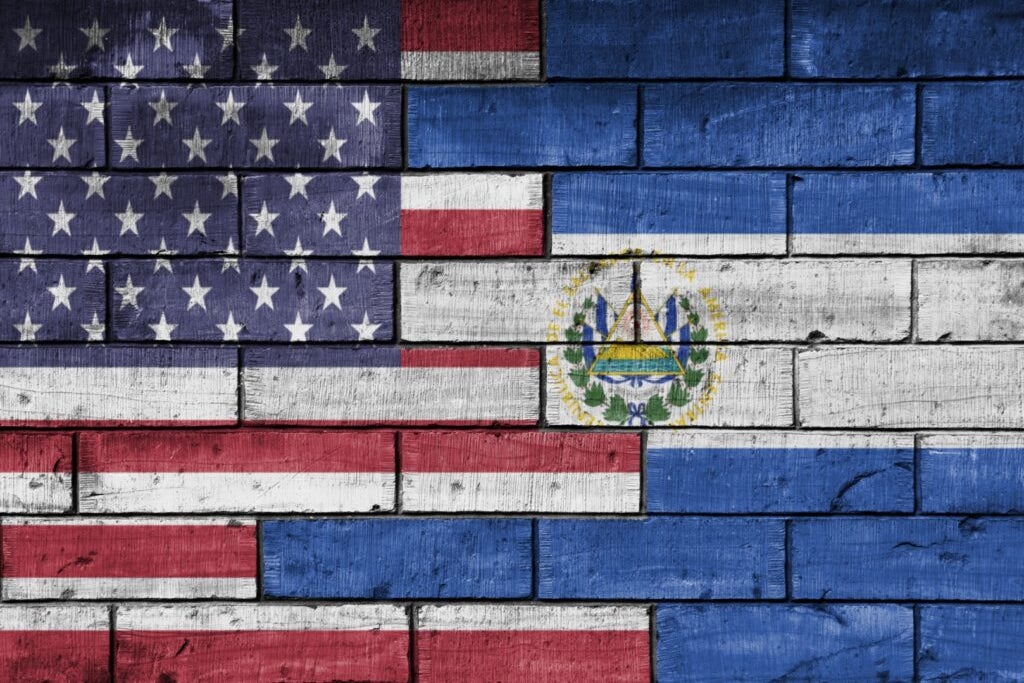Unpacking El Salvador’s Bold Crypto Experiment
In September 2021, El Salvador became the first country to adopt Bitcoin as legal tender under President Nayib Bukele’s controversial leadership. The move, designed to boost financial inclusion and attract investment, has sparked global debate about cryptocurrency’s role in national economies. As the world watches this unprecedented monetary experiment unfold, analysts question whether Bukele’s regulatory vision will prove revolutionary or reckless.
The Genesis of Bitcoin Adoption in El Salvador
Bukele’s government passed the Bitcoin Law in June 2021, mandating that all businesses accept the cryptocurrency alongside the US dollar, El Salvador’s primary currency since 2001. The legislation created a $150 million trust fund to facilitate dollar-Bitcoin conversions and included $30 in free Bitcoin for citizens who downloaded the government’s Chivo Wallet app.
“This is about giving financial power back to the people,” declared Bukele during the 2021 Bitcoin Week conference. “We’re creating economic opportunities that traditional banking systems have denied our citizens for generations.”
Key statistics highlight the government’s ambitions:
- Over 4 million Salvadorans (60% of the population) reportedly downloaded Chivo Wallet within 3 months
- 2,000 Bitcoin ATMs installed nationwide by December 2021
- 30% drop in remittance fees for citizens receiving foreign payments
The Regulatory Framework Behind the Vision
Bukele’s administration implemented several groundbreaking policies to support Bitcoin adoption:
Tax Incentives: The government eliminated capital gains taxes on Bitcoin transactions and offered permanent residency to foreign crypto investors.
Infrastructure Development: El Salvador began mining Bitcoin using volcanic geothermal energy, with plans to dedicate 1.5% of national energy production to crypto mining by 2025.
However, economist Dr. Carlos Hernandez of Central American University warns: “The lack of traditional banking safeguards creates systemic risks. When Bitcoin’s value dropped 60% in 2022, many Salvadorans saw their purchasing power evaporate overnight.”
Global Reactions and Economic Impacts
The international community responded with mixed reactions. While crypto enthusiasts praised El Salvador’s innovation, institutions like the IMF repeatedly urged reconsideration, citing financial stability concerns.
Notable impacts after two years include:
- Tourism increased by 30% in 2022, with many visitors drawn by Bitcoin-friendly policies
- Foreign direct investment reached $1.1 billion in 2022, though only 15% was crypto-related
- Public debt rose to 84% of GDP amid Bitcoin-related infrastructure spending
Maria Flores, a small business owner in San Salvador, shares her experience: “Some customers pay with Bitcoin, but most still use dollars. The volatility makes pricing difficult—we adjust our menu prices weekly.”
Challenges and Controversies
Bukele’s experiment faces significant hurdles:
Technological Barriers: Only 45% of Salvadorans have reliable internet access, limiting cryptocurrency usage in rural areas.
Transparency Issues: The government hasn’t disclosed how much Bitcoin it holds, though estimates suggest purchases totaling over $100 million at various price points.
Public Sentiment: A 2023 Universidad Centroamericana survey found that 71% of Salvadorans prefer dollars, while just 20% regularly use Bitcoin.
The Future of Crypto Regulation in Emerging Economies
As other developing nations consider similar moves, El Salvador serves as a real-world test case. Paraguay and Panama have proposed crypto-friendly laws, while Brazil launched a digital currency pilot in 2023.
Blockchain analyst James Peterson observes: “El Salvador demonstrates both crypto’s potential and its pitfalls. The key lesson is that adoption requires more than legislation—it demands education, infrastructure, and safeguards.”
The coming years will prove crucial as:
- Bukele plans Bitcoin-backed “volcano bonds” to fund infrastructure projects
- Technological literacy programs expand nationwide
- Global crypto regulations evolve following El Salvador’s example
Conclusion: A Watershed Moment for Digital Currencies
El Salvador’s bold experiment represents a fundamental challenge to traditional financial systems. While early results show mixed success, the long-term implications could reshape how nations approach monetary policy in the digital age. As the world watches this unprecedented test case unfold, one truth becomes clear: the future of money is being written—for better or worse—in small, volcanic Central American country.
For those interested in tracking this financial revolution, subscribe to our newsletter for ongoing analysis of cryptocurrency’s evolving role in global economics.
See more CNBC Network



